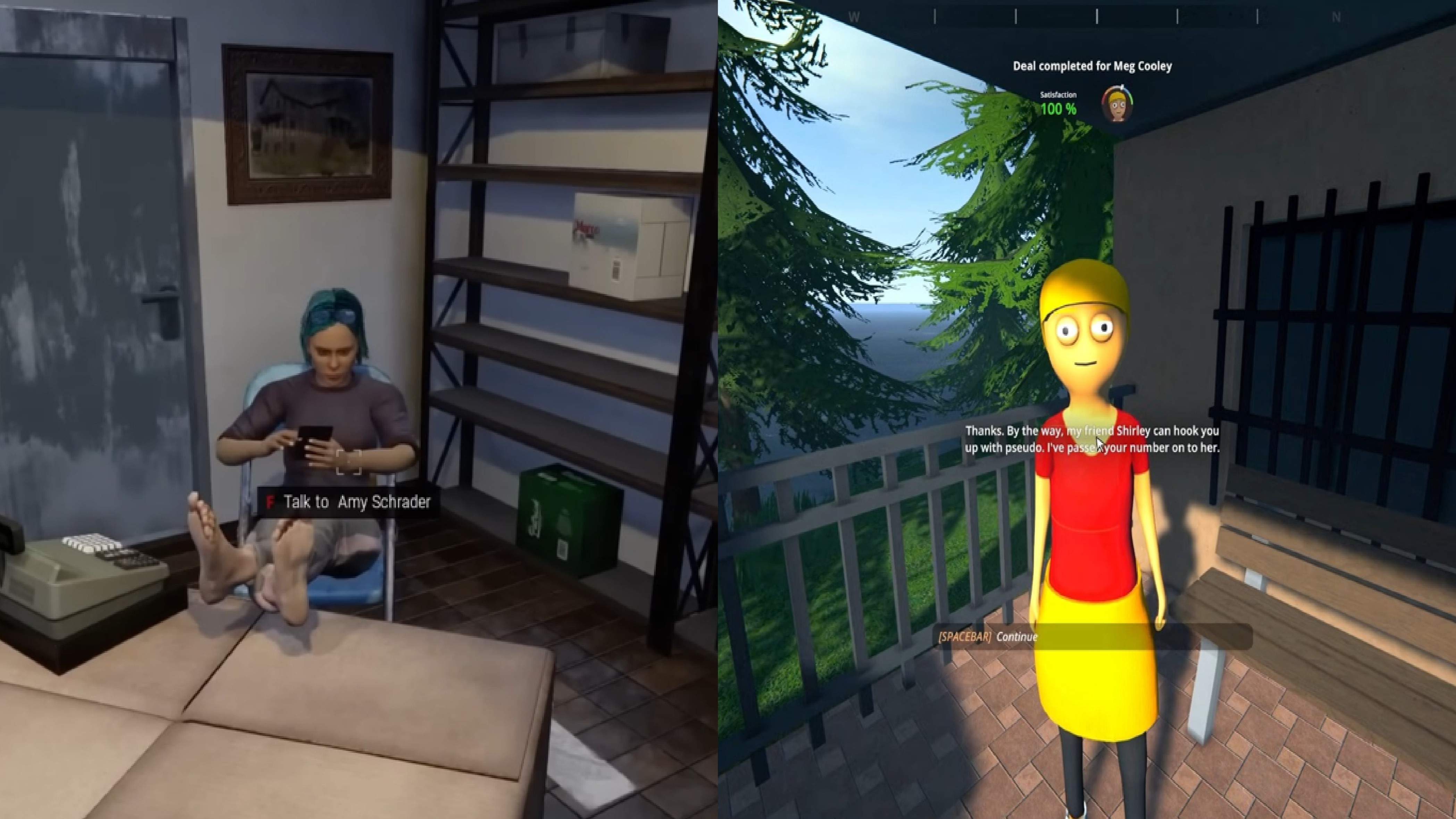Kantar's latest data reveals sales spike in France, Australia, but shortfalls in stronghold Italy

Kantar WorldPanel has released its latest numbers for smartphone sales for the last three months ending back in January. The numbers contrast nicely with the last report that showed near universal declines in sales of Windows Phone.
The numbers, as usual, are a mixed bag of good news and not so good news for Windows Phones. Sales, in general, are up slightly as a whole across of big five European markets including Great Britain, Germany, France, Italy, and Spain. However, in individual countries, the story varies.
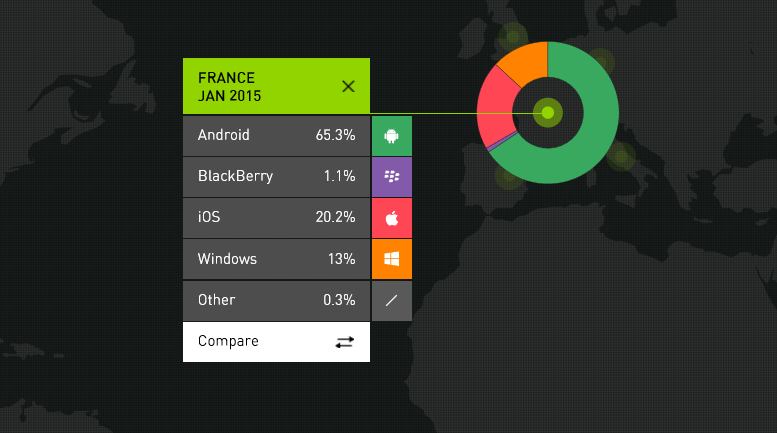
The positive spin on this story is France, which has seen a 3.5 percent point increase in Windows Phone sales over the last three-month period. Indeed a small but significant spike. This surge brought total sales percentage up to 13% in that country.
Likewise for Australia, which has seen a small surge in sales at 3.6 percentage point increase, bringing the share of sales up to 8.7%. Germany is a bit less with +2.1 percentage point increase for 8.9 percent share of smartphone sales in the last three months.
However, Italy, which has long been the leader in Windows Phone market share in Western Europe, has seen a 3.7 percentage point drop in sales. Whereas Windows Phone used to account for 16 percent of smartphone sales, it now at 13 percent.
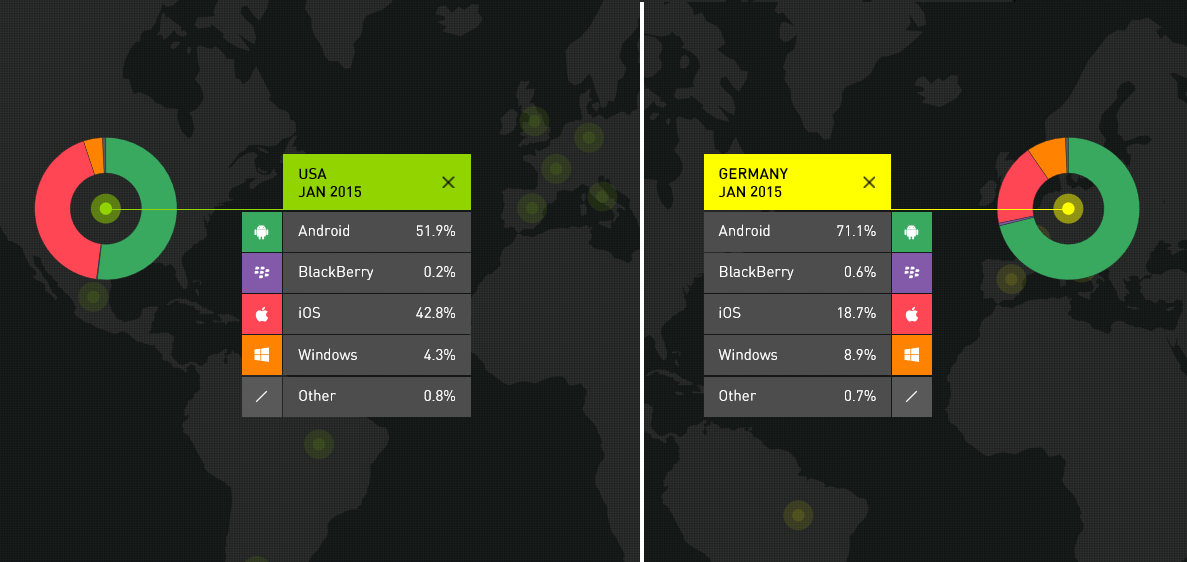
Spain too has also seen a 3 percentage point sales drop, where Windows Phone now only accounts for 2.5% of all smartphone sales in that country.
Finally, in the US, Windows Phone sales have declined by a 0.2 percentage point, which is negligible. The current rate of 4.3% of smartphone sales in the States continues to hold, showing that Windows Phone is at least not declining. However, we have seen this story before.
Get the Windows Central Newsletter
All the latest news, reviews, and guides for Windows and Xbox diehards.
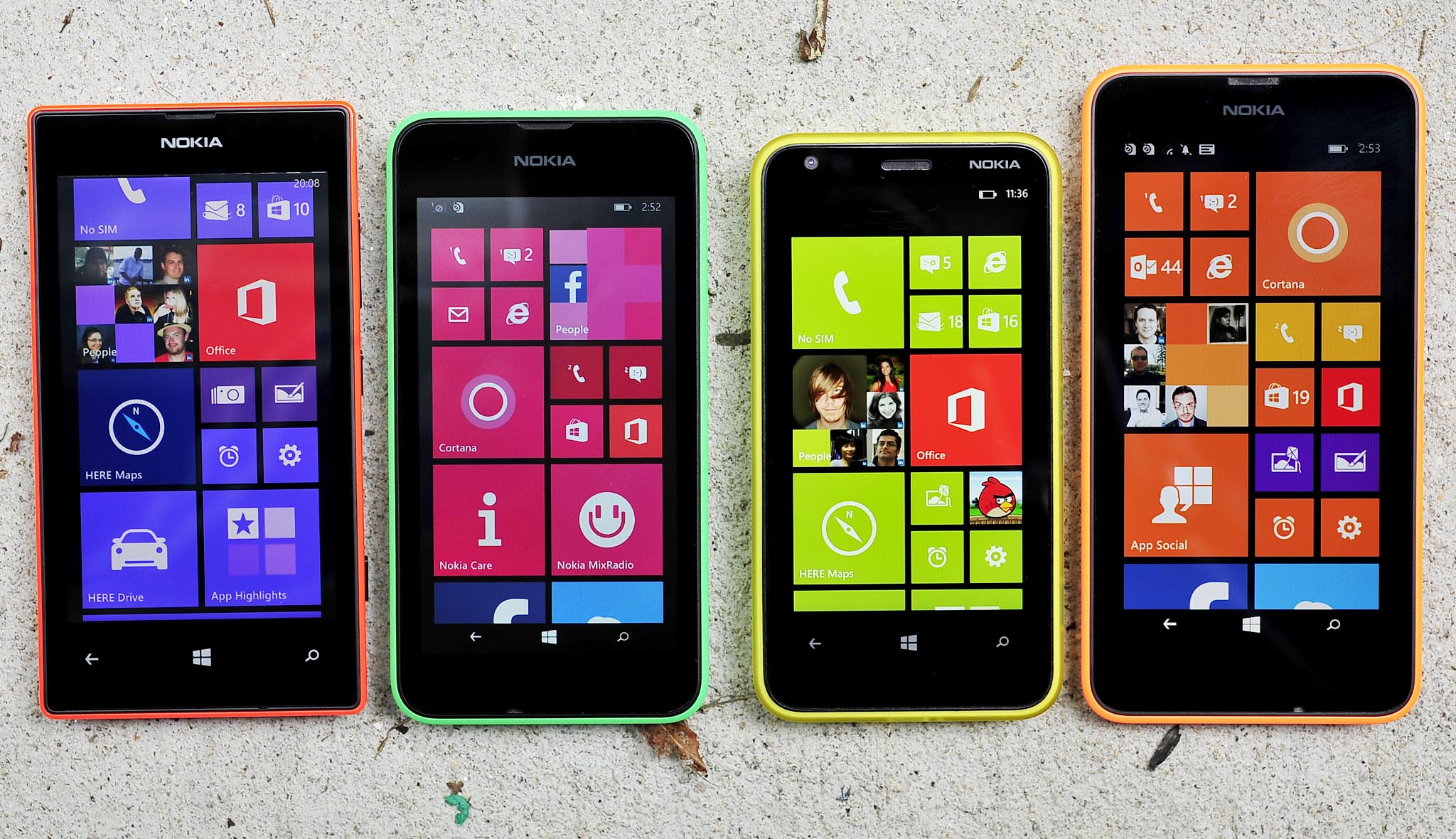
Takeaway
When looking at Europe, it is as if certain markets swapped sales rates. Italy declined, but France picked up the slack. Same with Spain versus Germany.
This change in places is why when you look at the 'Big 5' European countries, Windows Phone sales grew by a miniscule 0.2 percentage point for a total of 9.6% share of smartphone sales. In other words, the pattern is the same, but individual markets have shifted.
The problem for Microsoft to solve is figuring what worked for France to increase those sales and what has cooled off the Italian market. Whether it was the release of individual Lumia models, different strategies in marketing, or something else, Redmond needs to learn what is causing the shift.
Are the overall numbers good or bad? Considering Microsoft is going through a rather big change internally with the acquisition of Nokia's mobile hardware division, and the cancelation of the fall flagship phone codenamed 'McLaren', Microsoft is doing okay. Sales are not plummeting, which is always a good sign.
Windows Phone sales are not taking off either. However, with Windows 10 in the wings and Microsoft getting their feet wet with Lumia hardware, the full might of the company in mobile is yet to be seen. An all too familiar story, unfortunately, with Microsoft.
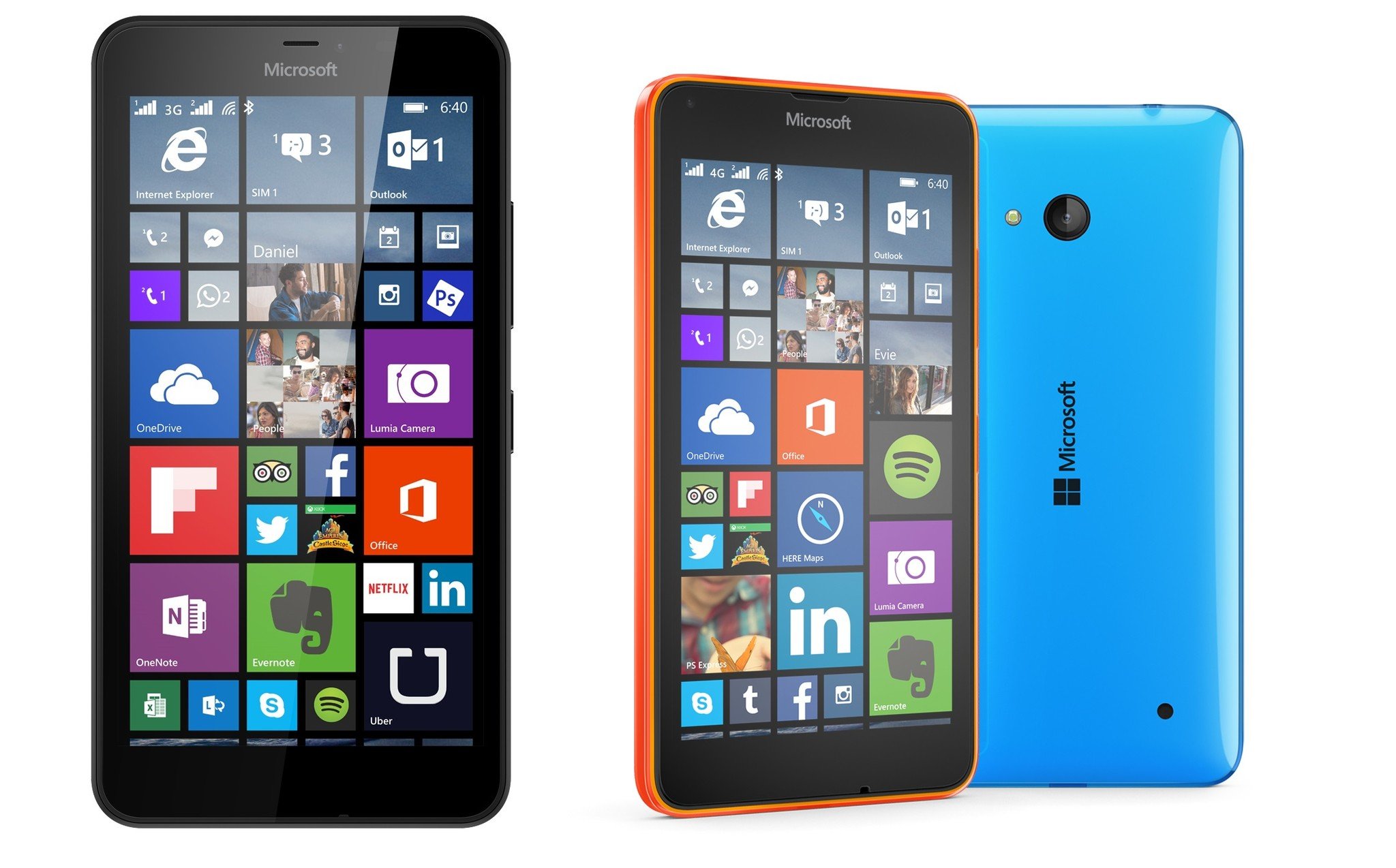
It should be interesting to see how the recently announced Lumia 640 and Lumia 640 XL are received by consumers in the coming months. So far, reception to both phones has been very positive and they appear to be Microsoft's best shot yet at the middle market.
Assuming the market can hold out, the real story of Windows 10 on the phone won't be known until fall 2015. Something that for now feels like an eternity away.
Source: Kantar WorldPanel

Daniel Rubino is the Editor-in-chief of Windows Central. He is also the head reviewer, podcast co-host, and analyst. He has been covering Microsoft since 2007 when this site was called WMExperts (and later Windows Phone Central). His interests include Windows, laptops, next-gen computing, and wearable tech. He has reviewed laptops for over 10 years and is particularly fond of 2-in-1 convertibles, Arm64 processors, new form factors, and thin-and-light PCs. Before all this tech stuff, he worked on a Ph.D. in linguistics, performed polysomnographs in NYC, and was a motion-picture operator for 17 years.
